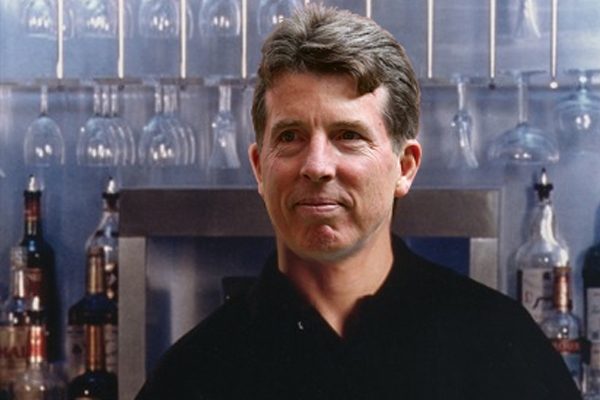It suits a great many people to blame the banks. The ministers (like Ed Balls) who oversaw the debt-fuelled credit bubble; the Tories (like George Osborne) who signed up to Labour’s debt-fuelled spending binge; the regulators who failed so appallingly (a global crisis but how many collapsed banks in Australia and Canada?); and Mervyn King, who oversaw this hideous asset bubble and didn’t sound the alarm.
When George Osborne told the Commons that banks ‘brought our economy to its knees’ he suggested that, even now, he has not worked out what caused the crisis. The theory that wicked, greedy bonus-seeking bankers caused the crisis has been repeatedly debunked, but it’s easy to blame bankers anyway. Now bankers have been caught manipulating the LIBOR rates, with smoking-gun emails referring to bottles of Bollinger, a great many people are now saying: &”See! Proof that these wicked bankers have sunk the country!” Now, I don’t argue for a second that the LIBOR fixing scandal shows anything other than systemic, deplorable and (to market liberals like myself) sickening collapse of the ethical standards we ought to expect even from bankers.
Bob Diamond will be cross-examined by the Treasury Select Committee about this scandal on Wednesday. Diamond should probably quit, even if he wasn’t in charge at the time, to show where the buck stops. But when Ed Balls adds his voice to calls for a Leveson-style inquiry for the banks, we ought to remember how many people have a vested interest in framing the banks for the crash. And is rigging interest rates for personal gain so much worse than rigging them for political gain by pumping cheap debt to the masses and dressing the result up as prosperity or recovery?
The bankers were just the bartenders: someone else organized the party. Right now, we’re seeing the party organizers blaming the bartenders. So yes, let’s take rigorous steps to punish those responsible for fiddling the LIBOR metric. But let’s not pretend this caused the economic problem to which our policymakers still seem woefully unable to find a solution.
 Fraser Nelson
Fraser Nelson
Of bankers and bartenders






Comments